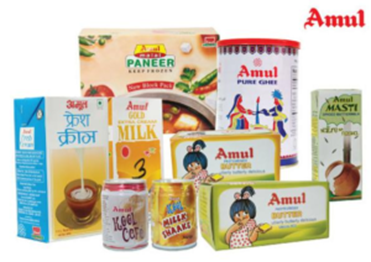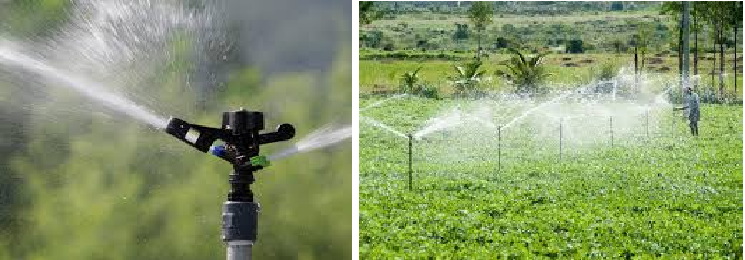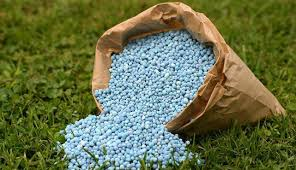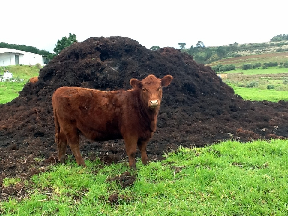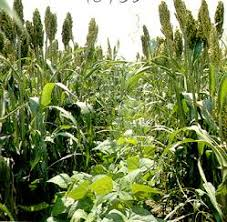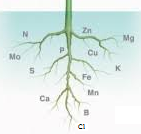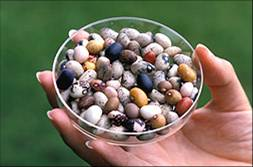Biology > Animal Husbandry > Dairy Products Important dairy products are milk and dung. Milk is considered as a complete food. Dung is used for making manure. Milk: Constituents of Milk: Water: 87.3% (85.5 – 88.7%) Milk fat: 3.9 % (2.4 – 5.5%): In cow’s milk fat content is 4.5%-5.3% in buffalo’s milk it is […]
Dairy Products
